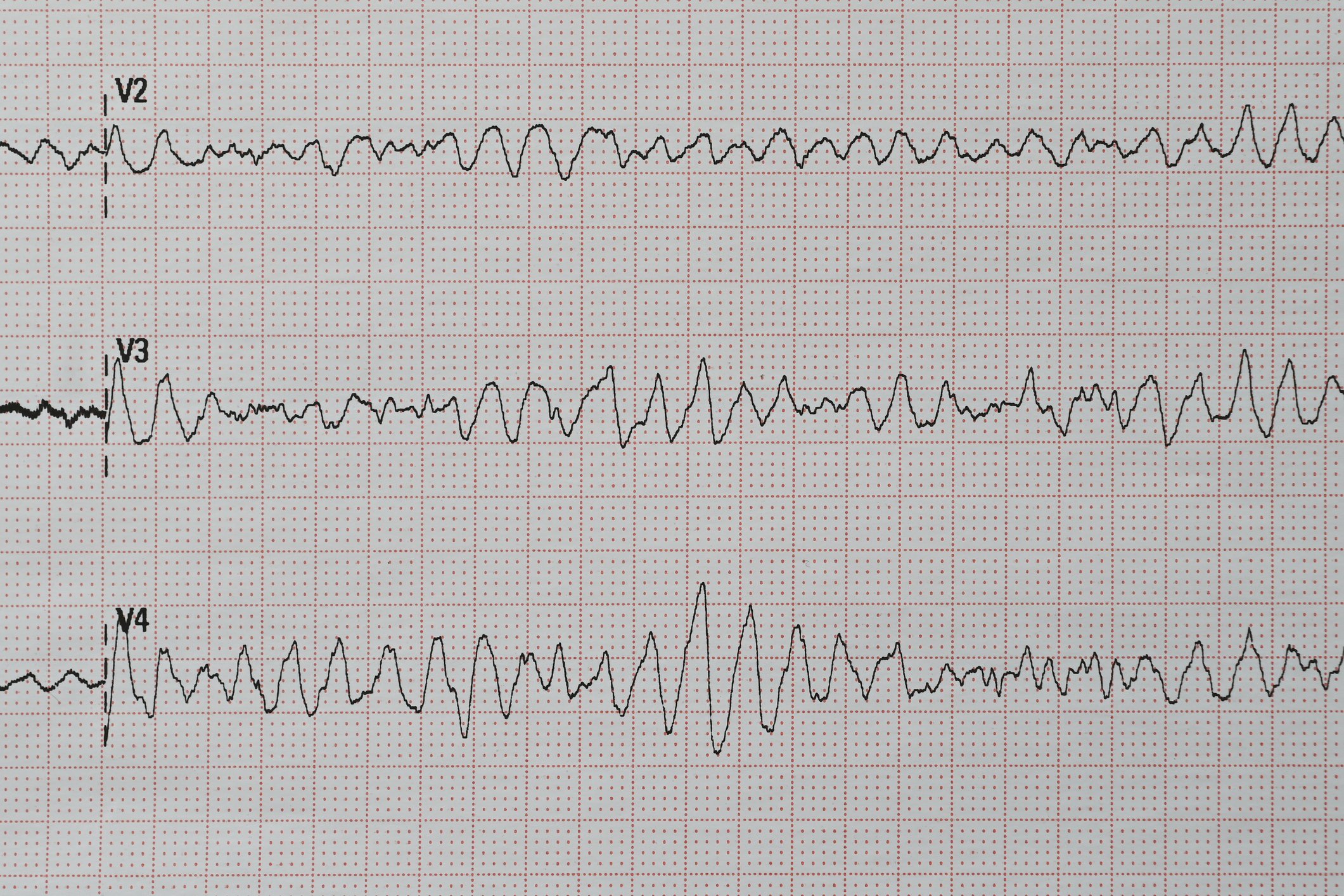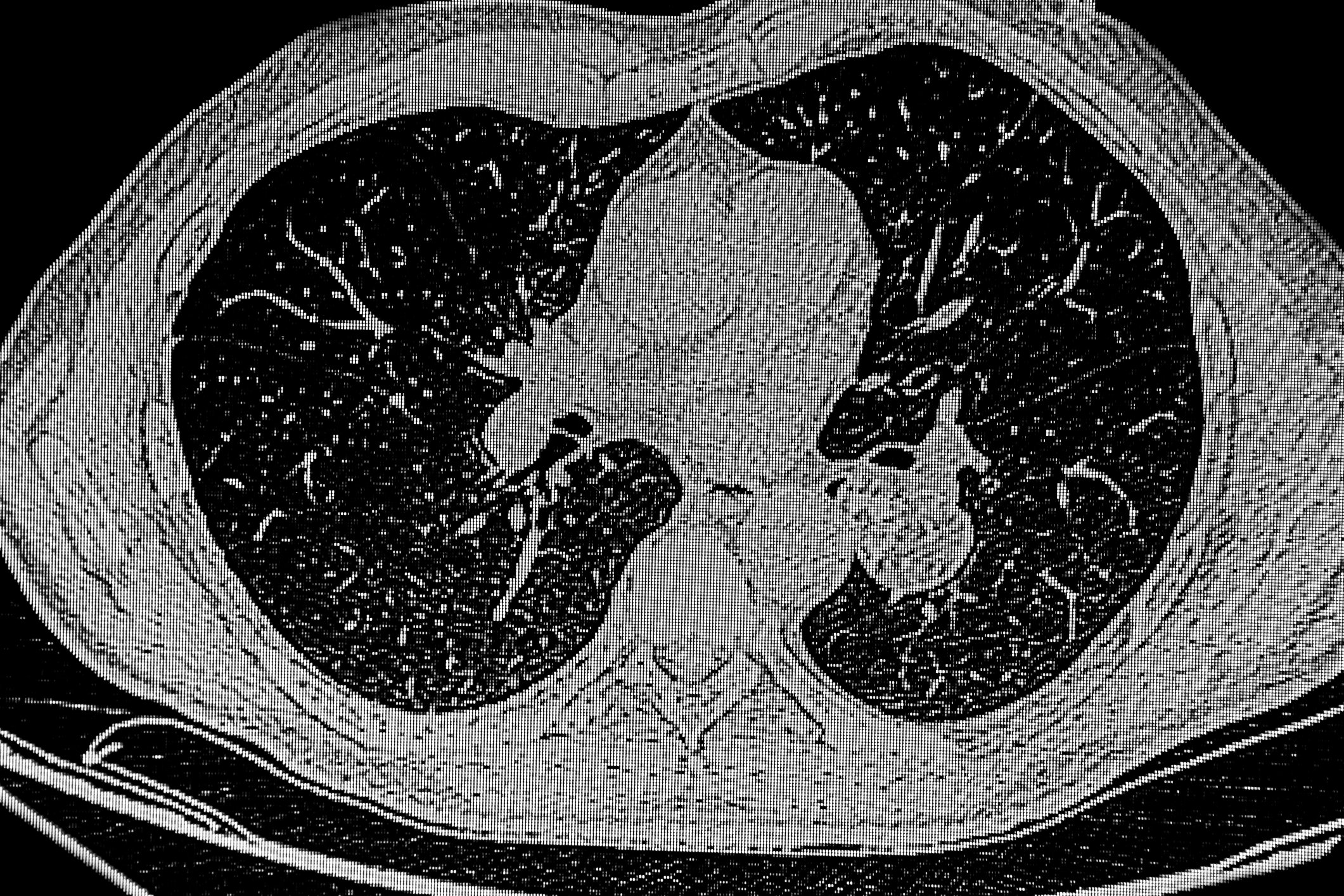Parkinson’s disease (PD) is a neurodegenerative disease characterized by a progressive loss of dopaminergic neurons in the substantia nigra pars compacta. Oxidative stress is increasingly being discussed as a key process in the development and progression of the disease. This is triggered and maintained by multiple factors, including mitochondrial dysfunction, defective dopamine metabolism and chronic neuroinflammation. The resulting imbalance between reactive oxygen species (ROS) and antioxidant defense systems leads to pronounced cellular damage, which ultimately drives the degeneration of dopaminergic cells. Despite intensive research, no curative therapy exists to date.
You May Also Like
- Atrial fibrillation: interdisciplinary effort is crucial
Managing risk factors and comorbidities in addition to rhythm control
- Casuistry
Hernia turns out to be a 25 cm long Meckel’s diverticulum
- Side effects under opioid therapy
Is it possible to avoid the inevitable?
- Diagnostics of respiratory viral infections
What is tested when and on whom?
- From symptom to diagnosis
Dyspnea – pulmonary hamartomas
- Phobia
Propranolol and spider phobia: the time window is crucial
- Focus on prevention
Colorectal cancer screening – an update
- Rare diseases











